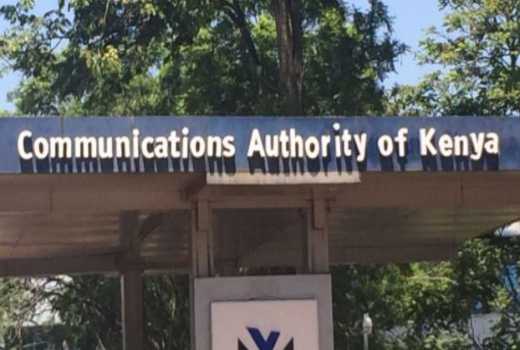×
The Standard e-Paper
Fearless, Trusted News

Kenyans have been spared the intrusive prying by the State after the High Court scuttled Communication Authority’s plan to spy on mobile phone conversations.
The regulator had wanted Safaricom, Airtel and Telkom Kenya to install a Data Management System (DMS) arguing it would help in detecting fake mobile devices.






